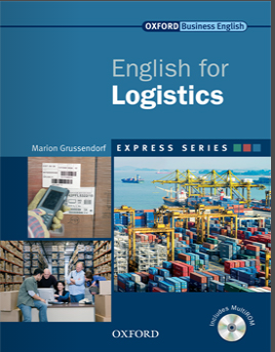Inglês para Logística

Sobre o curso

Este curso de Inglês para Logística destina-se a pessoas que trabalham na indústria de logística – seja na administração, gestão, armazenamento ou recursos humanos. É o seu guia completo sobre comunicação eficaz com colegas, clientes, parceiros, agentes de transporte, corretores de alfândega e despachantes de carga.
É o seu guia independente para aprender onde quer que esteja e sempre que tiver tempo.
Você terá exercícios práticos, de compreensão auditiva, textos específicos da indústria, artigos de jornais, estudos de caso, fotos, ilustrações, clipes de filmes e muito mais. Cada atividade é projetada para ativar sua aprendizagem e desenvolvimento de linguagem por meio de todos os sentidos, e aumentar suas habilidades na comunicação eficaz em inglês.
Você pode se comunicar com outros alunos por meio do grupo de logistica no linkedin para perguntas ou preocupações específicas, e fazer parte de uma comunidade interativa e global de profissionais de logística.
Conteúdo do curso
Introduction
Jobs, roles and responsabilities in logistics
Introduction to Logistics
The Significance of a Unified Language in Logistics
Excellence in Logistics Services
Product ranges
Inventory management
Transport and handiling equipment
Container types
Types of goods
Transport options
Measurements
Quotations
Marking
Loading
Advice of shipment
Shipping instructions
Hadliling equipment
Warehouse areas
Documents in foreing trade
Import instructions
Payment methods
Classificações e avaliações de alunos

